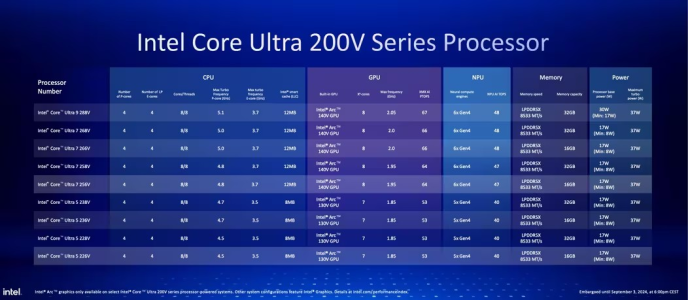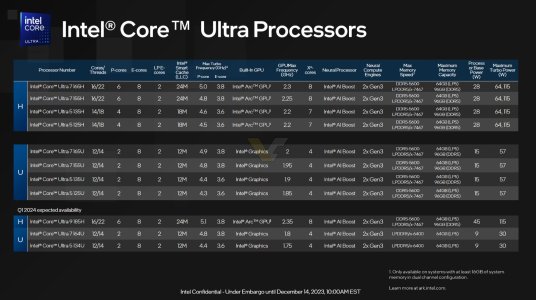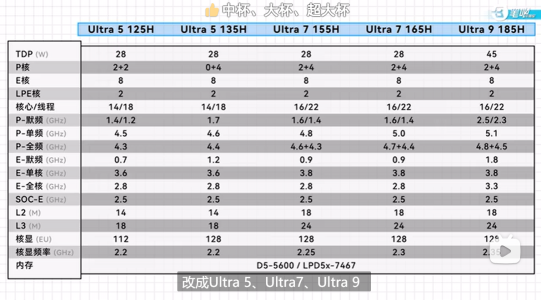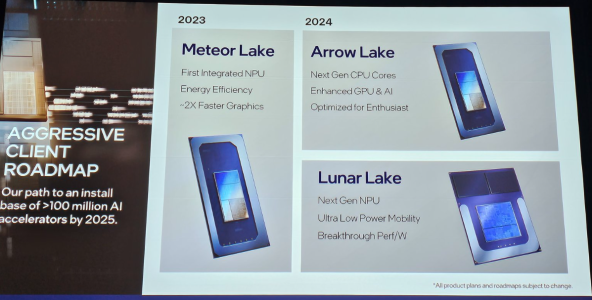LOL. Monday morning CEO'ing.
Ok, I'll bite.
x86 isn't dead and wont be for the foreseeable future. While ARM is a fine ISA, it has spent most of its life being designed for inexpensive, low power embedded application. IIRC, the first part of an x86 decode is to break the CISC into RISC like equal length instruction and data for pipelining. These modern x86 processors have way more in common with RISC than they do with the original CISC processors of old IMO.
x86 is still dominant in DC and HPC as well as laptops and desktops. In the data center in specific, many of the software licenses are based on core count. Making larger clusters of ARM cores to combat higher performing x86 cores will be difficult to overcome in these instances.
Besides, it is crazy to believe that AMD and Intel couldn't produce a pretty darned good ARM processor if they wanted to.
I can see ARM being a challenge in the thin-and-light laptop market and maybe even desktop replacement market.
As for the fabs, Intel is deeply ingrained in its fab technology. I would argue the history of Intel's successful CPU's overshadows its excellence in fab technology, but in many (most?) cases the CPU's were successful BECAUSE of its excellence in fab technology. A decade or so ago, I used to say "Of course Intel can make a faster processor than AMD with twice the transistor budget and twice the power budget". Back in the day, Intel was 1 to 2 die shrinks ahead of everyone on the planet it seemed.
So you either save the fab part of Intel, or sell off the company.
I wonder though if Intel has the processes, experience, tools, and technical know-how to on-board an external design. All of these things are needed desperately in order to make someone else's chip a success.
Will Pat G succeed? I figure he is right. If 18A doesn't fly like a bird, he is in trouble. Now, I don't know if that is fair or not since turning around a company as big as Intel that has dug itself into a hole as deep as they have is something that takes more like 10 years vs 4 or 5. Intel didn't get into this mess in 4 or 5 years. It is crazy to expect they can dig out in that amount of time IMO. FWIW, based on my experience in executive management, I seriously doubt the board, the market, or the investors will give him the time it will take to right the ship and bring the company back into the profitability of yester-years.
The C suite is a strange place. You can't tell the board and investors the truth about the timing or money, or they will never let you do what needs done to fix things in the first place.... so you set as low of an expectation as you can get away with at the board level, and then start making plans on how to stretch that out with a string of interim achievements that keeps things moving (and provides positive news to the investors) until you can get it done for real.
Of course, if you make 17M / Year, you should be able to fart rainbows on cloudy days and produce technicolor unicorns at will

.











